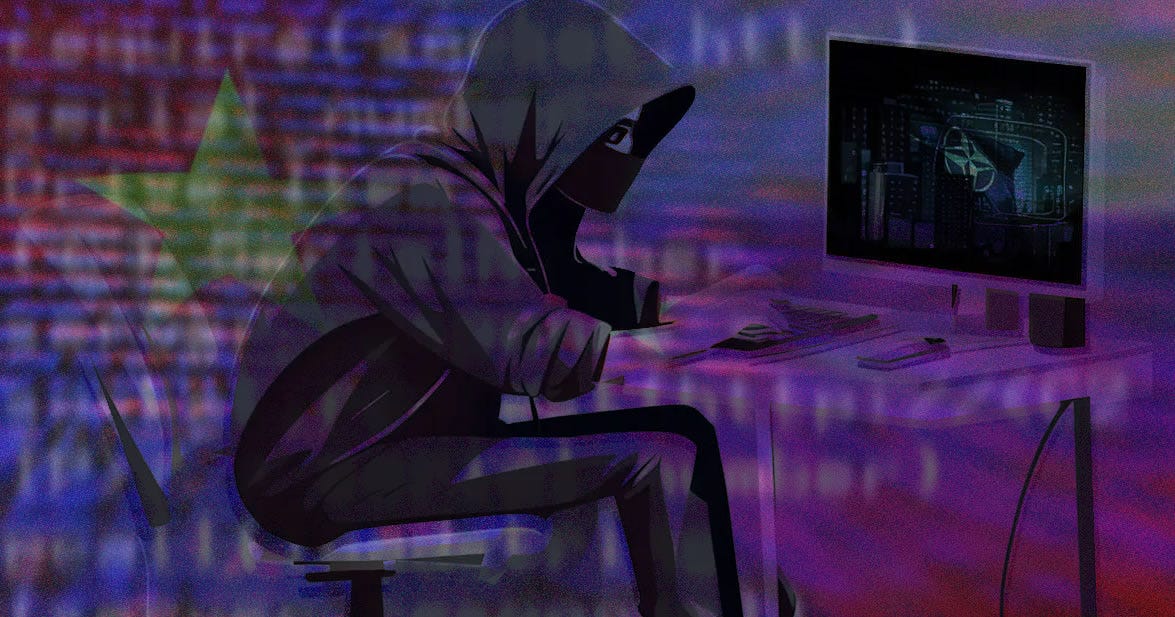State Of The Cyberwar: Threat Actors Escalate Against NATO, Ukrainian Allies
As Russia’s invasion of Ukraine has evolved into a slow, grinding war, an apparent deadlock in cyberspace has led pro-Russian threat actors to turn their attention to foreign targets.
Last month, NATO wrapped up its summit in Vilnius, Lithuania. Discussions were had regarding Sweden’s accession to the alliance, as well as some disagreement on the matter of whether or not Ukraine should receive a definite timeline for its own membership.
A portion of the summit focused on an increased need for cooperation between NATO and partner nations for a unified and proactive stance on cyberwarfare. The head of the alliance’s “Cyber and Hybrid Policy” division, Christian-Marc Lifländer, listed a number of concerns and suggestions for both compliance and incident response.
At its present state, Lifländer has expressed a worry that there is still no clear vision for proactive defense in an alliance initially developed for kinetic threats. It’s his belief that the threat is growing, and not enough is being done in what’s considered by NATO a “permanently contested space.”
There’s almost a race to the bottom, whereby investments are not necessarily made, capabilities are not necessarily developed, until something happens. So it’s almost as though you’re going along with this contestation, hoping that you’re not really affected until you are. We have to accept that we have a role to play and figure out what is the acceptable level of violence, if I may say so, that we can live with. CHRISTIAN-MARC LIFLÄNDER – NATO CYBER AND HYBRID POLICY CHIEF




